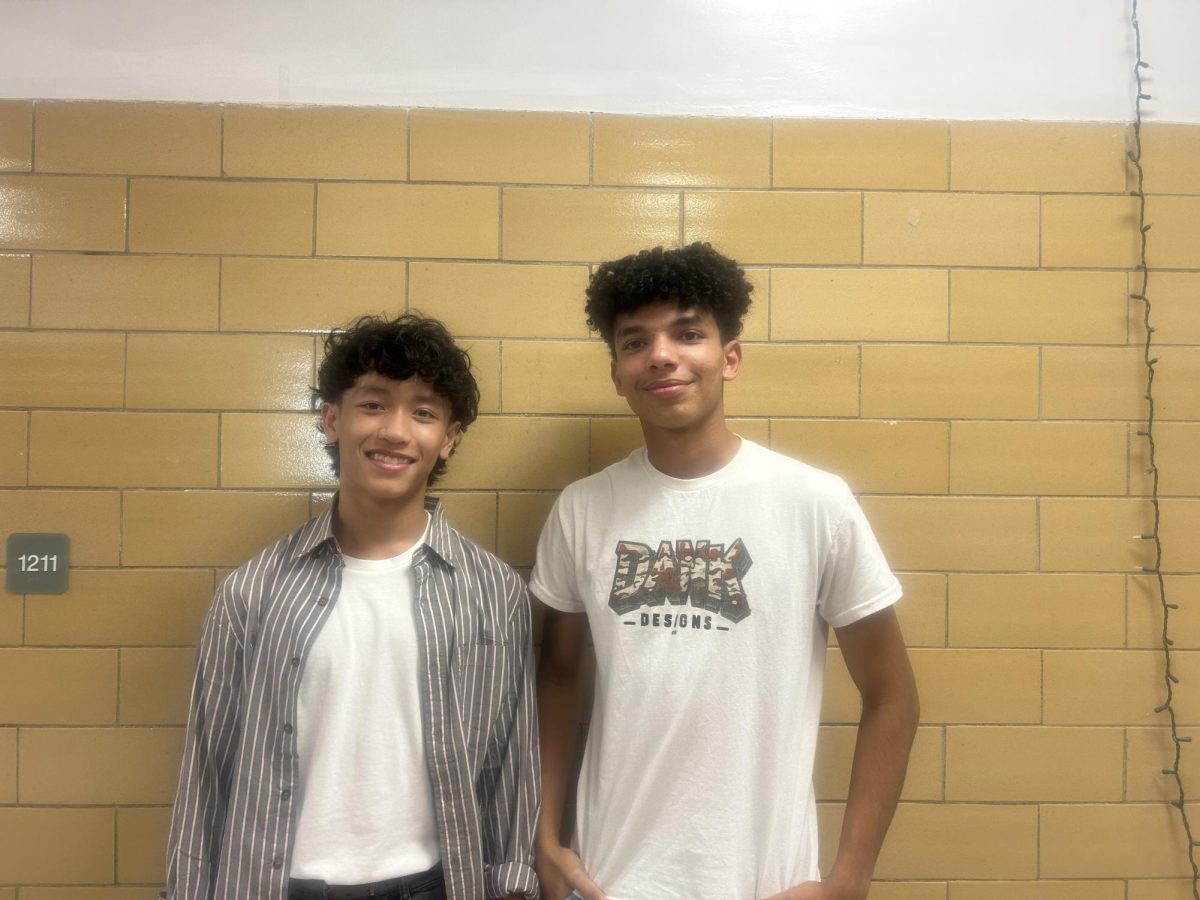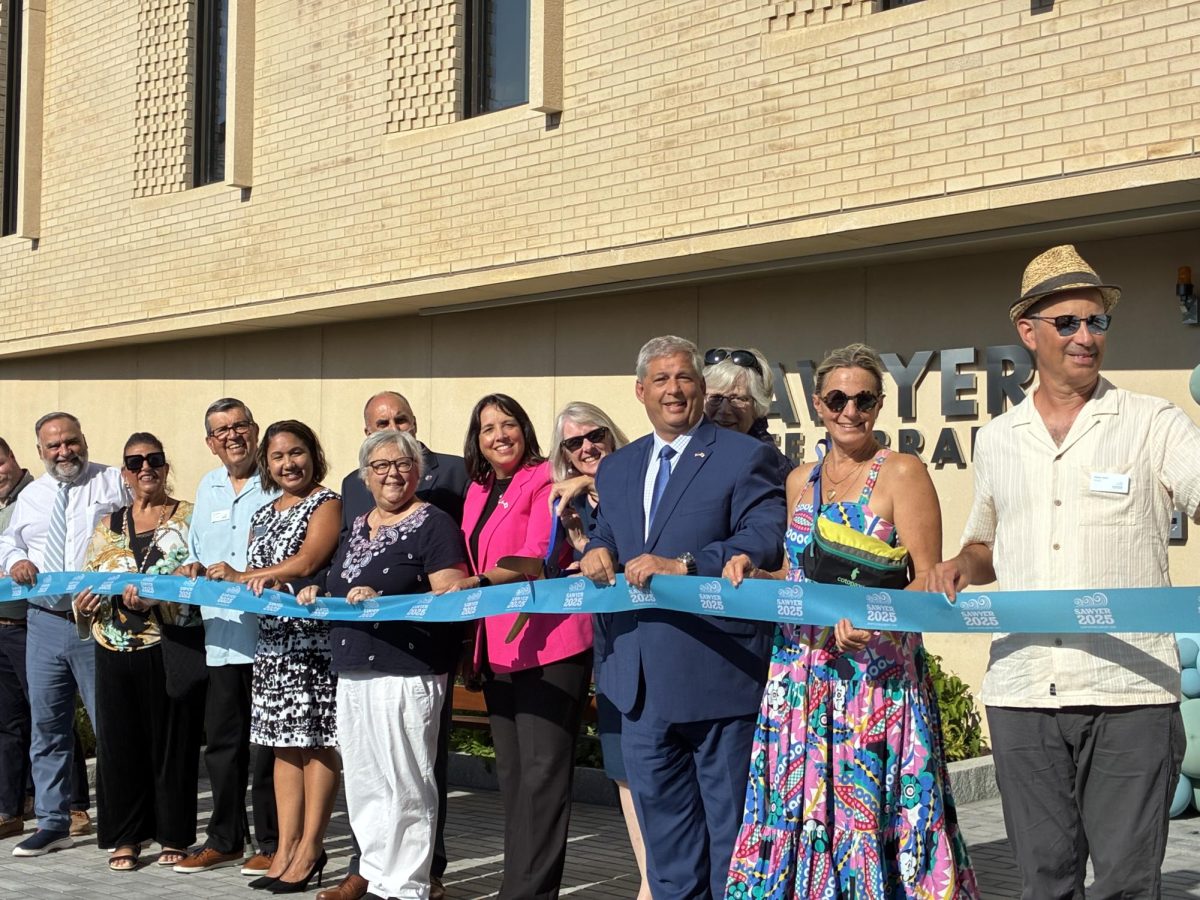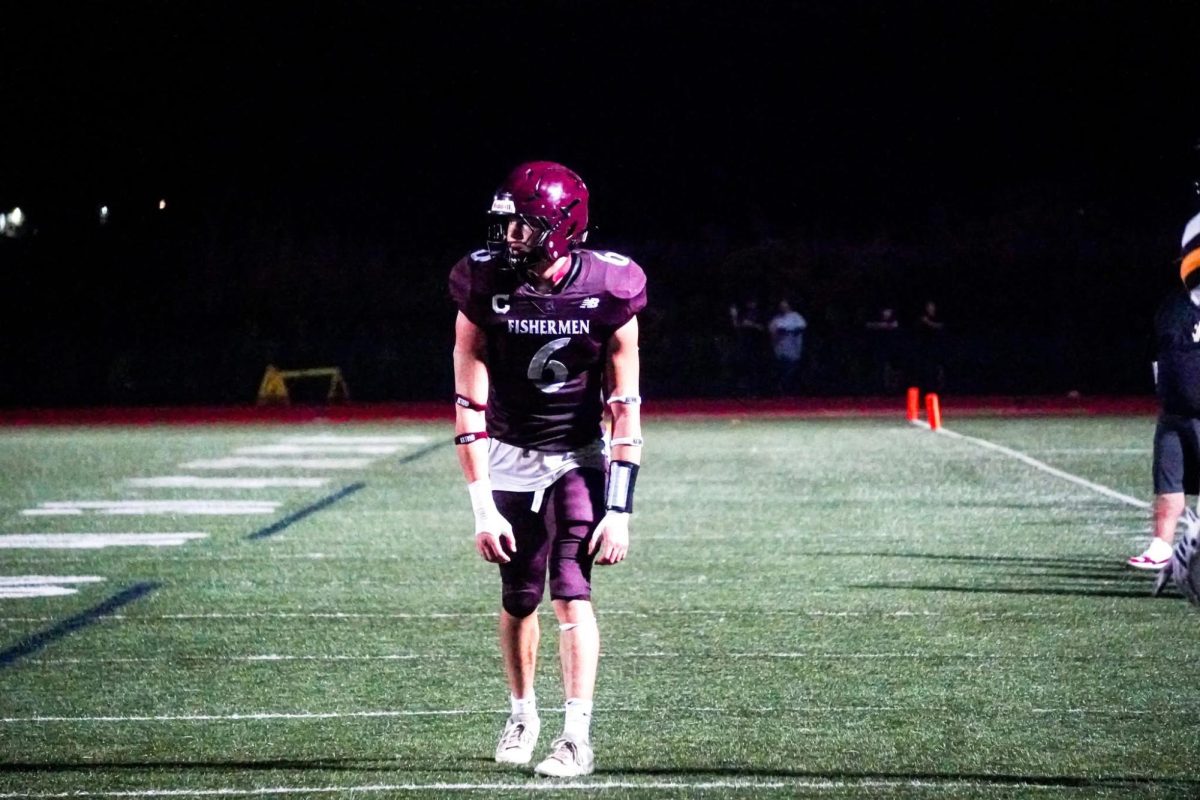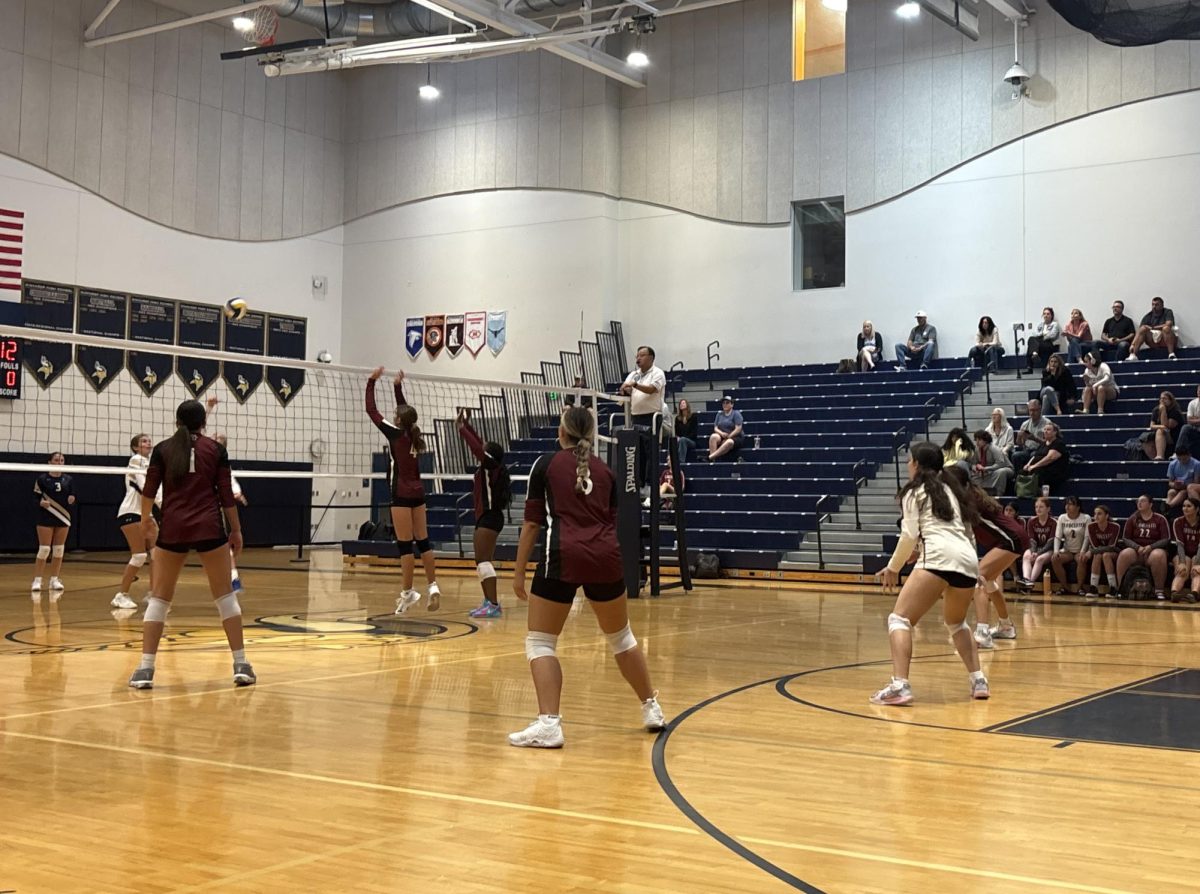Opinion: International student reflects on school culture
September 24, 2018
As a recent transfer student from an international high school in Nicaragua to Gloucester High School, I have observed stark differences regarding school culture, particularly, liberty of expression.
Clearly, there is a great contrast between the flexibility and freedom at GHS, and the emphasis of compliance at my former high school in Nicaragua.
The culture of both communities is distinct. In my previous school, the environment is consistent with traditional Latino values: people are very friendly, family-oriented, and very Catholic.
Additionally, it is safe to say that this school is notably strict. Since over 90 percent of AP test takers receive a 4 or a 5 score, it is evident that the academic environment is rigorous. It has a “zero tolerance policy” which means that even one infraction of the school code may cause student expulsion. In essence, it is overwhelmingly strict, but effective academically.
Although academically excellent, the school restricts students’ freedom, which arguably limits adolescent development. We did not have freedom of expression through dress, as we had to wear a rigid uniform. Even our hair color was controlled. The school does not invest much into programs that cultivate expressiveness and creativity, such as arts. Even our school newspaper was managed: it veered away from political issues, controversy, and op-eds.
“I am genuinely afraid of breaking the rules. This school micromanages us to maintain a reputation, from what we say, how we write, and even how we look,” said Angelina Cuadra, a Junior in Nicaragua. “But at the same time, it reminds us students that we have to meet high standards and follow guidelines.”
On the other hand, GHS has numerous opportunities for expression. The school allows for students to freely choose what they wear; the dress code is quite flexible. There are more 25 Visual and Performing Arts courses offered at this high school. Not to mention, the school’s newspaper itself is a source for creativity and expressiveness. Topics discussed in The Gillnetter range from the legalization of marijuana to gun violence.
Perhaps American schools tend to encourage freedom on various dimensions because the country itself is a melting pot of cultures, therefore, a breeding ground for ideas. The general culture and government emphasizes freedom of expression as a fundamental right. Meanwhile, in Nicaragua, the government is not so keen on liberty of expression.
At GHS, student journalists have the same rights and responsibilities as professional journalists do, and it has proven to be an effective tool for the student body to express concerns, to communicate with the community, and to remain informed.
In essence, while there are various benefits to organization and strictness, at the same time, it is advantageous for students to exercise their rights to expression.










![The GHS/MERHS senior cross country runners pose together on Senior Night. [Photo courtesy of Manchester-Essex Athletics]](https://thegillnetter.com/wp-content/uploads/2025/10/Screenshot-2025-10-10-at-11.18.29-AM.png)



















